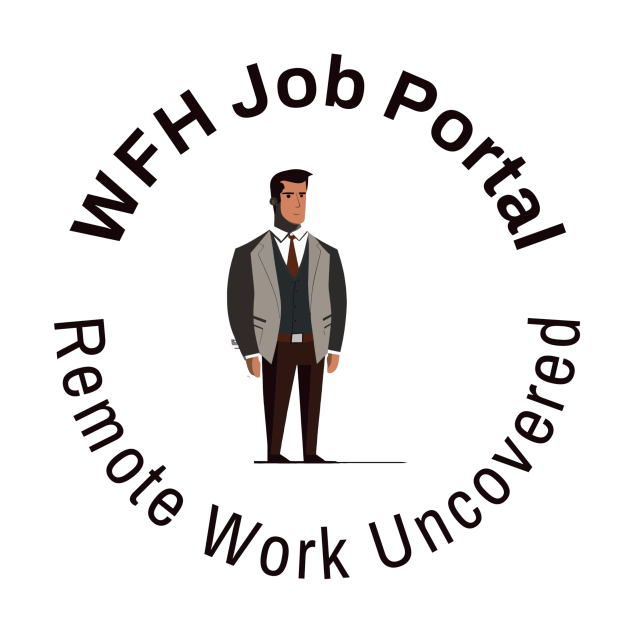The remote work revolution has transformed the way we work, challenging traditional notions of the office and reshaping the workforce. What began as a temporary solution during a global crisis has evolved into a permanent fixture of modern employment. But how is this shift changing the landscape of work, and what does the future hold for remote work?
Increased Flexibility and Autonomy
One of the most significant benefits of remote work is the increased flexibility and autonomy it offers employees. Workers can choose where and when they work, leading to better work-life balance and higher job satisfaction. This flexibility allows employees to tailor their work schedules to their personal lives, whether that means working early in the morning or late at night, and balancing professional responsibilities with family commitments. The autonomy to design their workday can also lead to increased motivation and productivity.
Expansion of the Talent Pool
Remote work has also expanded the talent pool for employers. Without geographical limitations, companies can hire the best talent from around the world. This has led to more diverse and inclusive teams, as employers can now access a wider range of skills and perspectives. For job seekers, this means more opportunities and the ability to work for companies they admire, regardless of their location. This globalization of the workforce can lead to innovative ideas and solutions as diverse teams bring different viewpoints and experiences to the table.
Cost Savings for Employers and Employees
The remote work model has proven to be cost-effective for both employers and employees. Companies save on overhead costs, such as office space, utilities, and office supplies. Employees save on commuting expenses, work attire, and meals. These savings can be significant and contribute to overall financial well-being. Additionally, some companies have shifted to providing stipends for home office setups or co-working space memberships, further supporting their remote employees. The reduction in commuting also has environmental benefits, contributing to decreased carbon emissions and promoting sustainability.
Challenges and Solutions
While the benefits of remote work are clear, it’s not without its challenges. Communication and collaboration can be more difficult when team members are dispersed. To address this, companies are investing in advanced communication tools and platforms to facilitate seamless interaction. Regular virtual meetings, check-ins, and team-building activities can help maintain a sense of connection and teamwork. Cybersecurity is another concern, as remote work can increase the risk of data breaches. Employers must implement robust security measures and provide training to employees on best practices for data protection.
Impact on Mental Health
Remote work has a significant impact on mental health, both positive and negative. On the positive side, eliminating the daily commute and offering flexible schedules can reduce stress and improve overall well-being. However, remote work can also lead to feelings of isolation and burnout if not managed properly. It’s important for employers to promote a healthy work-life balance and provide resources for mental health support. Encouraging regular breaks, setting boundaries between work and personal time, and fostering a culture of open communication can help mitigate these challenges.
Conclusion
The remote work revolution is reshaping the workforce in profound ways. Increased flexibility, a broader talent pool, cost savings, and the need to address new challenges are driving this transformation. As remote work continues to evolve, companies and employees alike must adapt to new ways of working and seize the opportunities it presents. Embracing the changes and finding innovative solutions to the challenges will be key to thriving in this new era of work.



